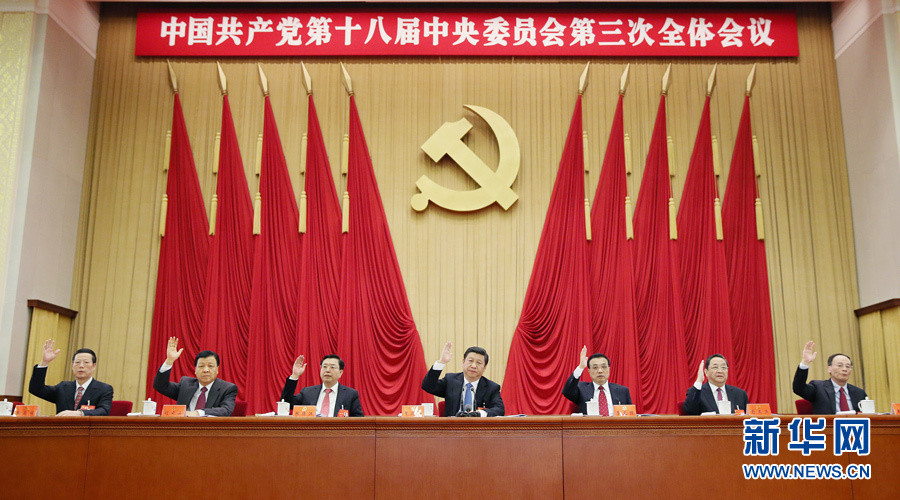Ten predictions for China's economy in 2015
Updated: 2014-11-05 14:34
(china.org.cn)
4. The reform will go from the planning phase to implementation, as the benefits of reform be released more quickly.
Last year was the gestation period of reform as the new administration of the government was formed. The Third Plenary Session of the 18th Central Committee of the CPC was held and the meeting's decision documents map out the general guideline for the reform, while the Central Leading Group for Comprehensively Deepening Reforms emerged. This year is the preparatory period for the reform. Various parties have started detailing the solid schemes for every reform. Since Jan. 22, the leading group has had five meetings and has released guideline documents for financial and tax reform, judicial reform, household registry reform, land reform and cultural reform. More than 40 of the 60 reform tasks proposed by the leading group's decision have already launched.
In 2015, the reform will go from planning to implementation. For the reforms mentioned above which have been submitted to the leading group, the implemention process will be relatively fast. But considering pressure of the presumption that the economic growth will likely slow next year, and room for flexibility in fiscal and monetary policies is limited, financial, tax and land reform may be the most important moves to stabilize economic growth and restructure the economy. For example, promoting and regulating local government bonds will lower the financing costs, optimize the debt structure, reduce the systemic risks and resolve financing difficulties in public investment, which will help steady growth.
As for the reforms that have not been discussed by the leading group, the following may happen in the near future:
First, financial reforms, such as the adjustment of the loan-deposit ratio, deposit insurance companies, the registry system and private banks. Second, reform of stateowned enterprises, for example, the rights and responsibilities of the State-owned Assets Supervision and Administration Commission and the Ministry of Finance are expected to beclarified. Third, reform of the science and technologies innovation system. The Chinese Academy of Sciences has made breakthroughs, moving forward quickly, while other government departments and institutions will expect speedy process soon.
